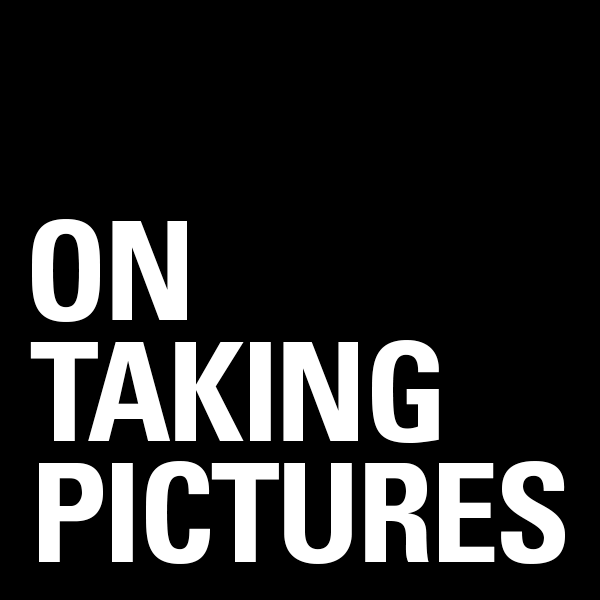Today, I got some constructive criticism about my work, which unless I’m in a really cranky mood, I’m all for hearing. I want to get better, and you need to know what can be improved upon before you can change. Also, what I’m talking about now isn’t about this person’s particular thoughts, but it’s got me thinking about the overall question of art and identity.
First off, begin successful at almost anything is hard. This may be doubly true in art, especially when you’re trying to make a living at it. Not to mention the quite nasty economic situation most of the world is in at the moment. And speaking specifically of photography, there are a lot of photographers out there. I’d venture to say that there are many more than there were in the past. Everybody seems to have a camera now and many of them are incredibly good. Digital photography, in my opinion, both allows things unimaginable in the past as well as makes getting better faster easier. I myself have really only been taking pictures for about 4 years, only about 2 years with any real seriousness.
In that time I’ve shot tons of stuff. Landscapes, and travel, and still life, a couple weddings, and of course portraits. It was my mother (she always takes credit for it anyway, so I might as well give it to her here <grin>) who told me to specialize in portraiture. I like shooting people, individuals mostly, because I like making that connection with them. As I’ve said before, it’s a partnership and a dance, and when it works it can be incredibly satisfying. So as time has gone by I’ve honed and shaped and sanded the look of my photographs and perhaps more importantly, my philosophy on what makes a good portrait to me. Again, I like to take deliberate portraits, not snapshots, while at the same time, not getting so caught up with lighting and equipment that you forget the person. The subject is king. I like to liken myself to the guy you would have called 200 years ago to get your portrait painted, except I’m doing it with a camera. So in general, my images are not of the subject smiling for example. They’re also usually minimally lit, with available light or one soft strobe to mimic window light, only on rare occasion to I bother venturing into two or more. That’s just not my style.
That said, who cares what I think? I read a great quote from Richard Avedon tonight, he said, “It isn’t important what I consider myself to be, but I consider myself to be a portrait photographer”. I can relate. And to get back to my original point, how do I make myself happy with what I create. I could make the pictures I want and to hell with critics and detractors and even admirers. But I’m not independently wealthy and unless I come into some money or meet an old lady who wants to support me, I’ve got to think about it in broader terms. I’m also not an art photographer, so I’m not making my pictures completely in a vacuum. I’m working for magazines and advertising agencies so in some ways I’ve got to listen to what they say, or at least take it into account.
So for example, people have made comments lately about the choice of images in my portfolio, or that they’d like to see more deliberate lighting, or that the people in my pictures are too serious, etc. And certainly I’m open to opinions and perhaps my portfolio’s selection could be different or the order tweaked to greater effect or what have you. The question is, how far do you go to please? If people want happier looking people, do I start shooting lifestyle stuff on the beach to get that ad job even though it’s not what I do? You have to think that there are photographers out there who specialize in such stuff, who have naturally come to that style over time, in fact I know there are. So, not to put too fine a point on it, but why not hire them? They obviously like shooting that stuff. The photographers shooting that kind of stuff probably aren’t shooting the kind of portraits I am, and isn’t that the point? Call me when you want what I do. However that may work for Annie, and Timothy Greenfield-Sanders and others who are established and famous, but does it work for people like me who are, for lack of a better term, up and coming? It’s a dog eat dog world out there, give the people what they want! Ugh. I’m a photographer because I enjoy it, and I’m terrified of changing to please others and diluting myself to the point where I don’t enjoy it anymore.
There’s also the question of specialization versus generalization. I’ve gotten people who have said that the images in my portfolio are too similar to each other and that they don’t show enough range and buyers want to see range. Conversely and perhaps perversely, I’ve also gotten the comment that they’re too disparate that I lack focus, and buyers want to see focus, they want to know that for X kind of pictures, we call Bill. Well they both can’t be right? Can they? And who do you listen to?
Some would say, listen to everyone and then make decisions based on all the information. The thing is, if you don’t do what each of them says, that’ll make none of them happy. You also can’t do everything people say, because then you’re not you, you’re them. In some ways I’ve come to the conclusion that you might as well not listen to anyone and just go with your gut. Everybody’s got an opinion, I might as well listen to mine. It’s a tough question with no clear answer, so I figure I’d open it up to discussion.
